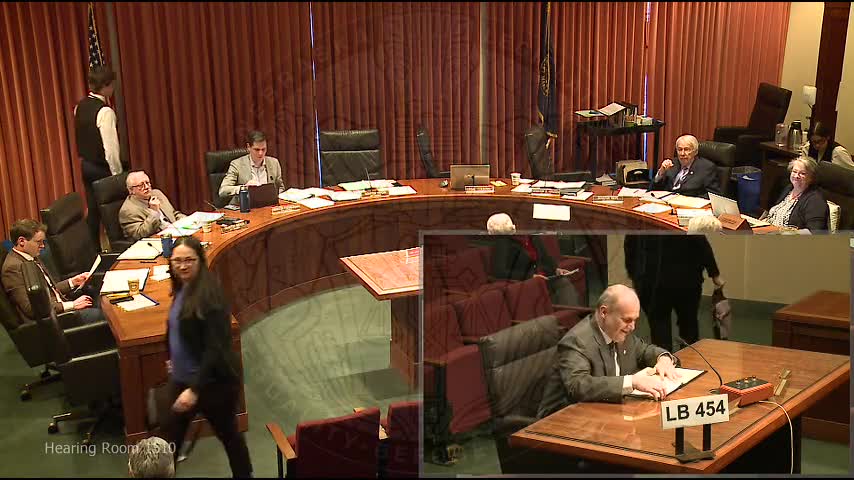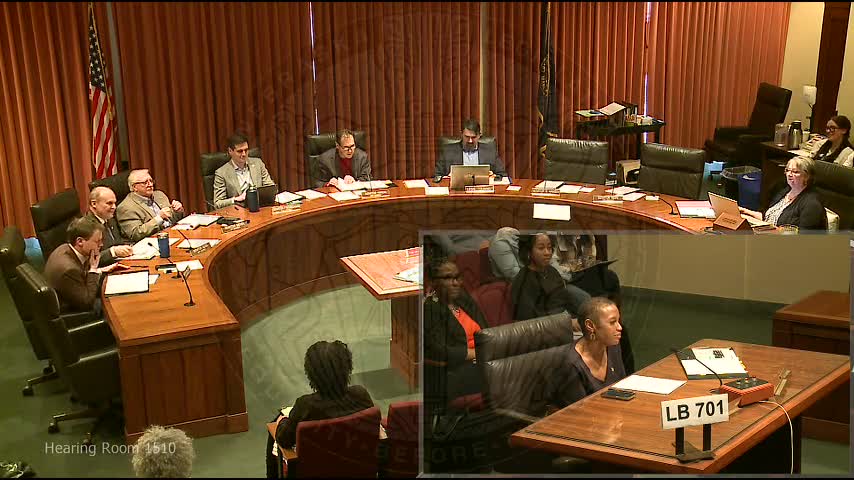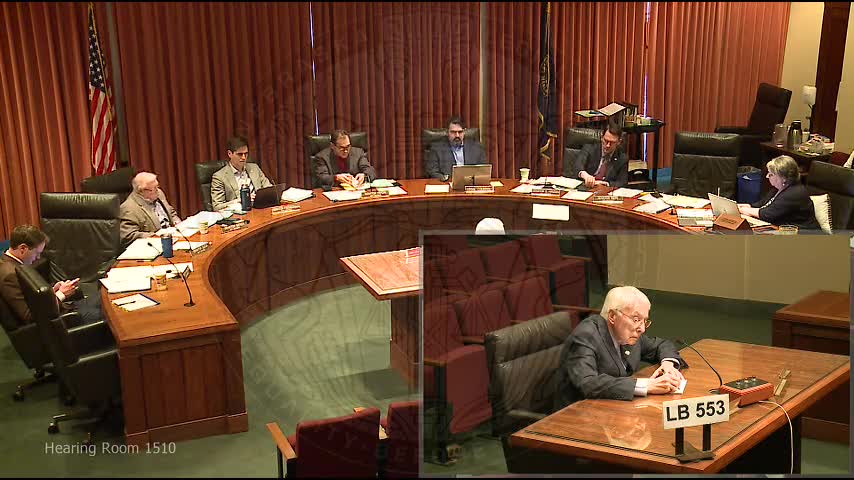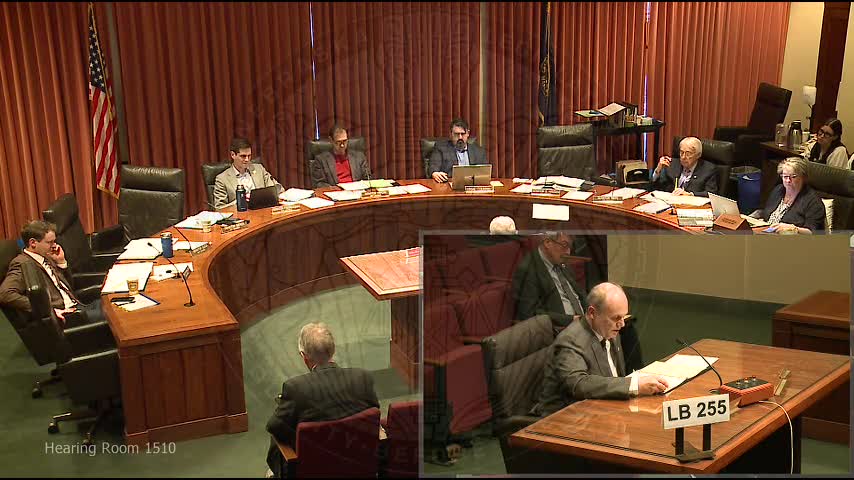Article not found
This article is no longer available. But don't worry—we've gathered other articles that discuss the same topic.

Committee considers bill to let behavioral health regions expand services and broaden housing aid eligibility

Nebraska committee hears bill to require Medicaid coverage for doula services

Lawmakers hear bill to add dietitian‑nutritionists to Nebraska loan‑repayment incentive program

